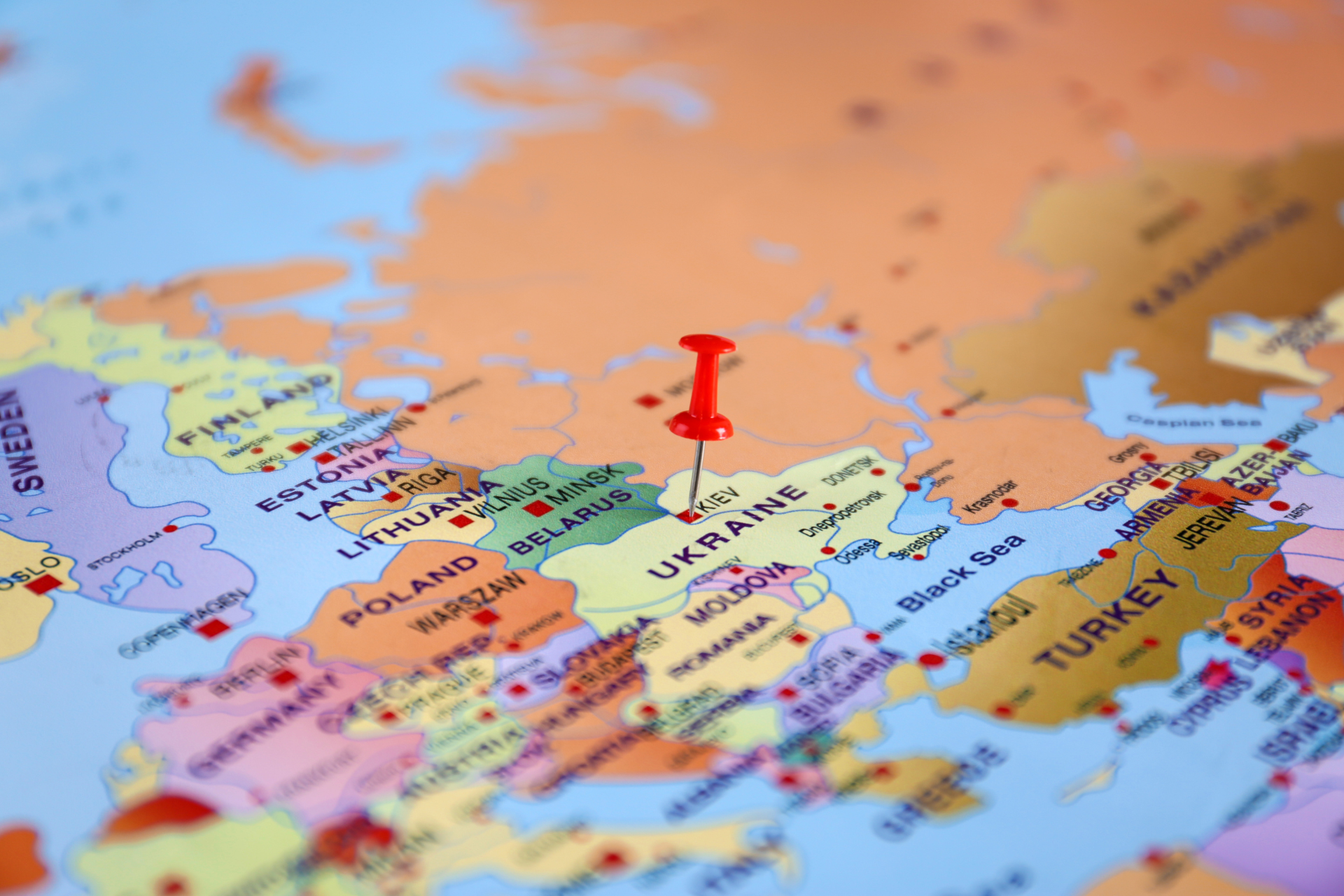
In shaping and implementing foreign policies, public relations play a crucial role. They serve as a means for governments to communicate with the public, both domestically and internationally, to promote their foreign policy objectives, build alliances, and manage public opinion.
Public relations efforts are often focused on building a positive image of a country on the global stage. Governments use various communication channels, such as media engagements, speeches, social media, and cultural diplomacy, to present their country’s values, achievements, and contributions to the international community.
Public relations professionals work closely with diplomats and government officials to craft messages and disseminate information to foreign audiences. This includes issuing public statements, organizing press conferences, and conducting media interviews to convey the government’s stance on specific issues, explain foreign policy decisions, and engage in diplomatic dialogue.
Public relations is crucial during times of crises or conflicts. Governments employ strategic communication techniques to manage public perception, provide accurate information, and shape the narrative surrounding the crisis. Effective crisis communications can help mitigate tensions, maintain credibility, and protect national interests.
Public diplomacy involves engaging with foreign publics directly to foster better understanding and promote a positive perception of a country. This includes cultural exchanges, educational programs, international conferences, and people-to-people initiatives. Public diplomacy aims to build relationships, bridge cultural gaps, and create favorable conditions for diplomatic negotiations and policy outcomes.
Public relations professionals work with the media to disseminate information and influence public opinion. They establish relationships with journalists, organize media events, issue press releases, and provide media briefings to ensure accurate and favorable coverage of foreign policy initiatives. Media relations are crucial for reaching both domestic and international audiences.
With the rise of digital platforms and social media, public relations in foreign policies has expanded to include online communication strategies. Governments leverage social media platforms, official websites, and online campaigns to engage directly with citizens, promote foreign policy goals, counter disinformation, and shape public opinion in an interconnected and digitally-driven world.
Overall, public relations in foreign policies help governments communicate their objectives, manage perceptions, build relationships, and influence public opinion both at home and abroad. By effectively utilizing public relations strategies, governments can enhance their diplomatic efforts and achieve their foreign policy goals.

Nulla quam neque, interdum vitae fermentum lacinia, interdum eu magna. Mauris non posuere tellus. Donec quis euismod tellus. Nam vel lacus eu nisl bibendum accumsan vitae vitae nibh. Nam nec eros id magna hendrerit sagittis.
Sed eget auctor metus, ac dapibus dolor. Mauris gravida lacus metus, ac sagittis tortor hendrerit sit amet. Aenean dictum eget nulla in pharetra.